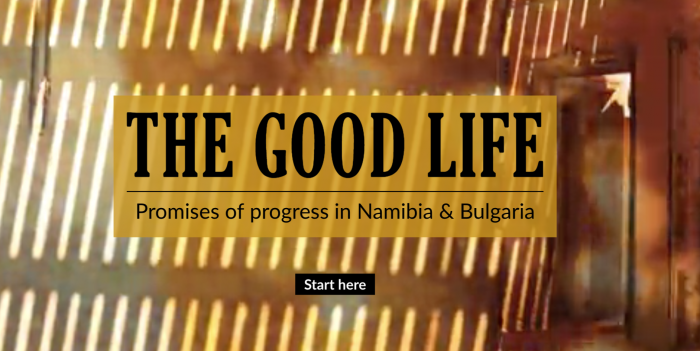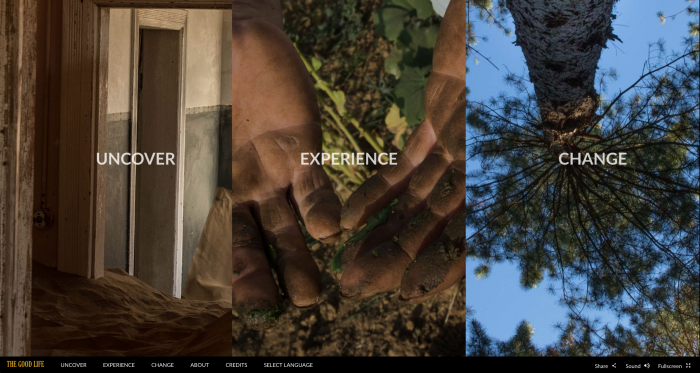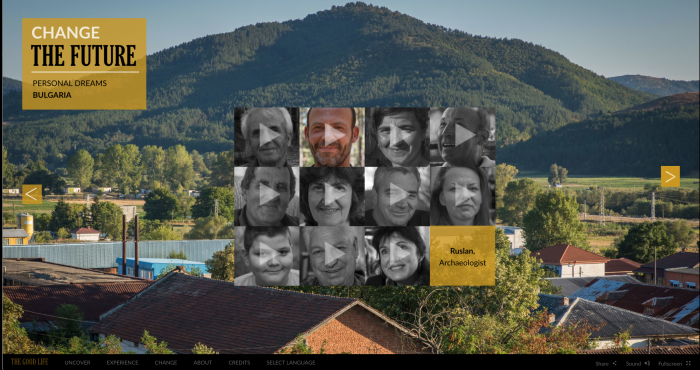In late 2015 two female filmmakers travelled to Tsumeb, Namibia and Krumovgrad, Bulgaria in order to explore the impacts mining has on small communities. We discovered hopes, disappointments, successes and questions about the deeper and longer-term effects. At first glance Tsumeb and Krumovgrad – at either side of the equator and with different cultures – would seem to have very little in common. Just below the surface however, both communities are still coping with a legacy of political and social trauma. Both are outposts of the same Canadian mining company that has received plentiful funding from public sources. Documentary films are never the full story. What people tell you when the camera stops rolling is just as interesting. We met with one Bulgarian woman in a café who told us her story about the town and the imminent gold mine that was neither good nor bad. But when we called the following day to ask if she would contribute to the film, she politely refused. We left each country with the sense that its particular history and collective trauma experienced still muffles dissent. Or perhaps silence is the price to pay for maintaining the company’s support for community programmes. In both Tsumeb and Krumovgrad economic development is needed and welcome. But the answers to some questions remain to be seen. What kind of development is needed? Who benefits most? Who pays the biggest price? And what is the real legacy of this progress? Does the ‘good life’ always need to come with a heavy price? It’s important for us all to keep asking questions so this doesn’t have to be the case. Meghan Horvath. February 2016
The Good Life
- Categories →
- :: Best Of ::
- Educational
- News Report & investigation
Portfolio
-
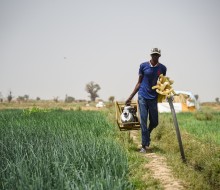
Master GIRE – Mali

-
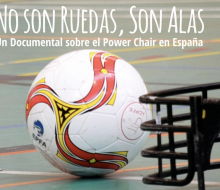
The Alhambra Lions

-
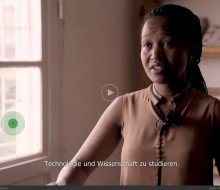
Interactive study trip to Rwanda

-
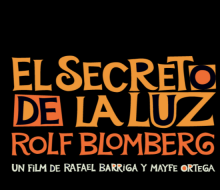
El secreto de la luz

-
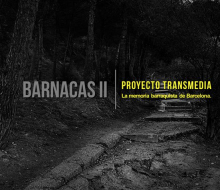
BARNACAS

-
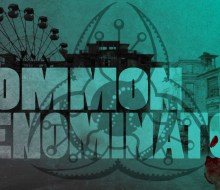
Common Denominator

-
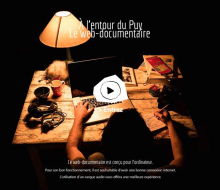
A l’entour du Puy

-
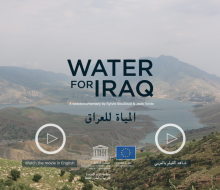
Water for Iraq

-
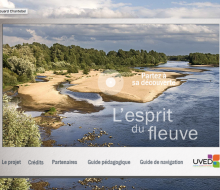
L’esprit du fleuve

-
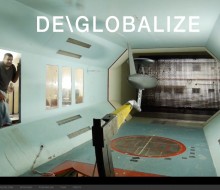
DE\GLOBALIZE

-
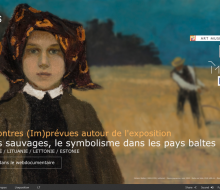
Âmes sauvages. Le symbolisme dans les pays baltes

-
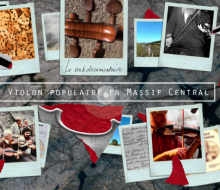
Violon Populaire en Massif Central

-
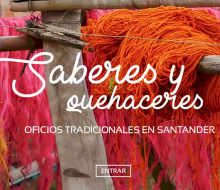
Saberes y Quehaceres

-
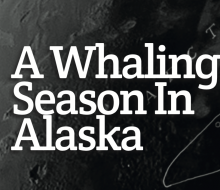
A Whaling Season in Alaska

-
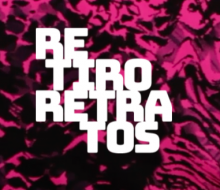
Retiro Retratos

-

Bel Horizon

-

Ville de Québec, L’autre Visite

-
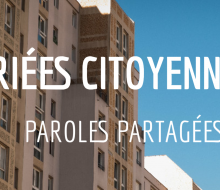
Criées citoyenne

-
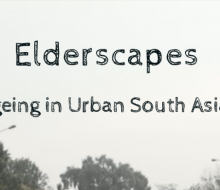
Elderscapes. Ageing in Urban South Asia

-
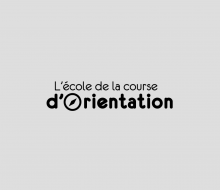
L’école de la course d’orientation

-
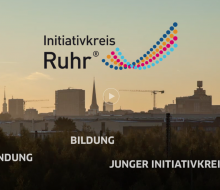
The Initiativeskreis Ruhr

-

Les arts du récit

-
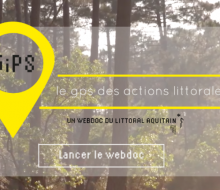
GIPs : le GPS des actions littorales

-
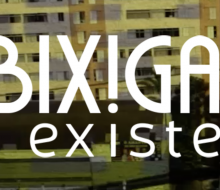
Bixiga Existe

-
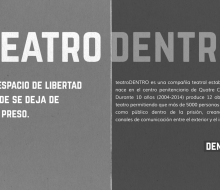
TeatroDENTRO

-
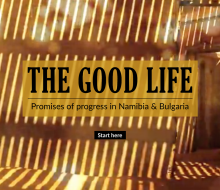
The Good Life

-
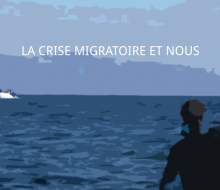
La crise migratoire et nous

-
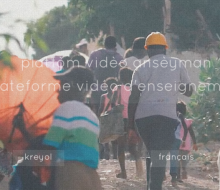
SIMEX

-
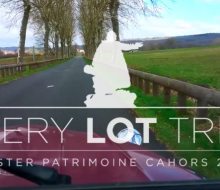
Very Lot Trip

-
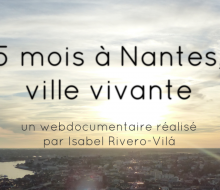
5 mois à Nantes, ville vivante

-
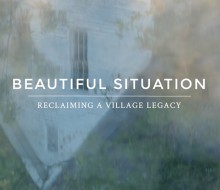
Wayne Hall Project

-
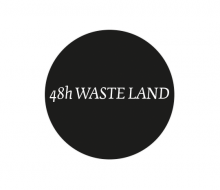
48h WASTELAND

-
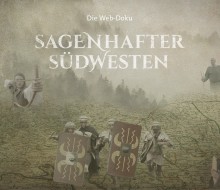
SWR Legendary Southwest – Legends, Myths and Tales

-
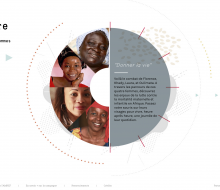
Naître – Le combat des sages-femmes en Afrique

-
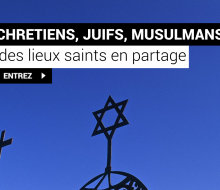
Chrétiens, juifs, musulmans : des lieux saints en partage

-
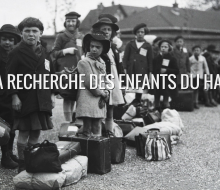
A la recherche des enfants du Havre

-
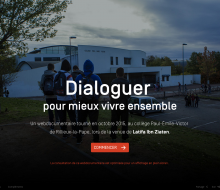
Dialoguer pour mieux vivre ensemble

-

OH BONNE BIERE

-
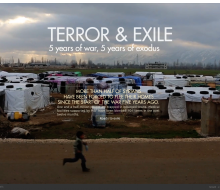
Terror & Exile : 5 years of war, 5 years of exodus

-

Clichés

-
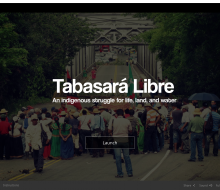
Tabasara Libre

-
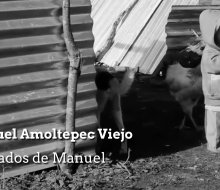
Los olvidados de Manuel

-
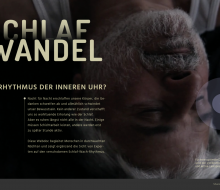
Schlafwandel

-
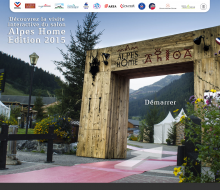
Alpes Home 2015

-

Bruxelles Grand-Place, l’autre visite

-
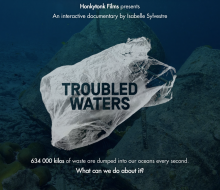
Troubled Waters

-
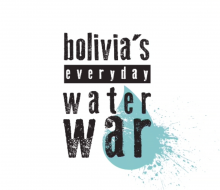
Bolivia Water War (Italian version)

-
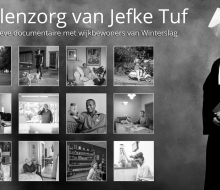
De Zielenzorg van Jefke Tuf (Dutch)

-
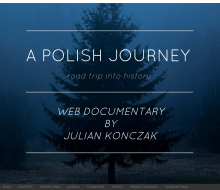
A Polish Journey

-
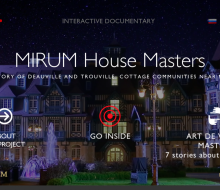
The MIRUM house studio

-
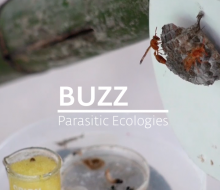
BUZZ Parasitic Ecologies

-
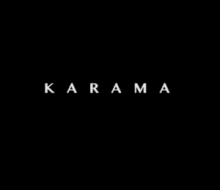
Karama

-

Find Santa

-

Mentorat Artistique Professionnel

-
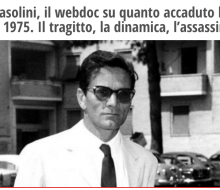

-
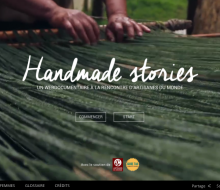
Handmade stories

-
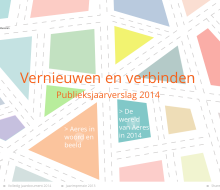
Aeres Group

-
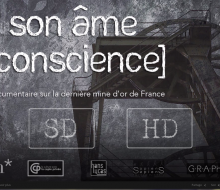
En son âme et conscience

-
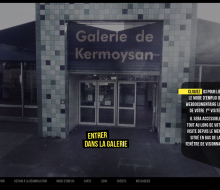
Histoire d’une galerie, histoire d’un quartier

-
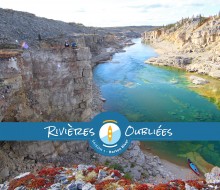
Rivières Oubliées

-

En français dans le texte

-
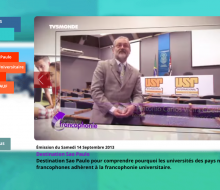
Destination Francophonie

-

Secrets of the Fifth Estate

-

Les scènes musicales d’aujourd’hui au Vietnam

-

A bientôt de vos nouvelles

-

Pedalei ate aqui

-
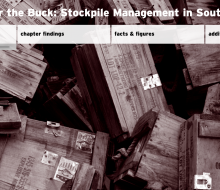
Weapons and the world

-
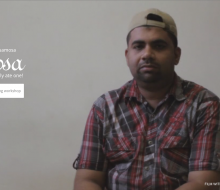
The Man who sells Samosa and you most probably ate one!

-
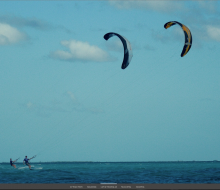
THE HOBBY BETWEEN US

-

Promotion du mois de la gastronomie en Lituanie

-
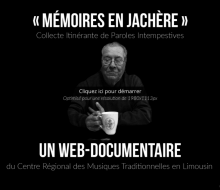
Mémoires en jachère

-
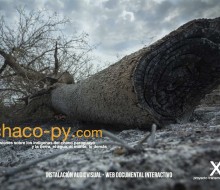
Chaco-Py

-
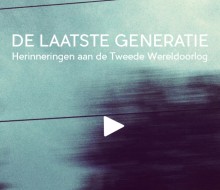
De Laatste Generatie

-

Gaza Confidential

-
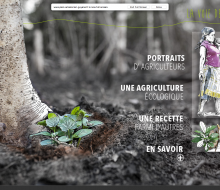
LA VOIE DE L’ABATTIS

-
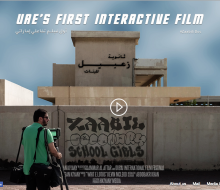
ZaabiliDoc

-
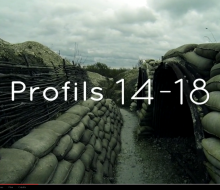
PROFILS 14-18

-
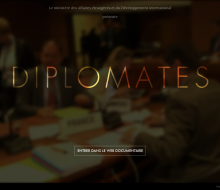
DIPLOMATES

-

L’ombre du temple solaire

-
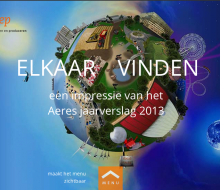
Aeres Groep Annual Report

-

Breaking Bayern

-
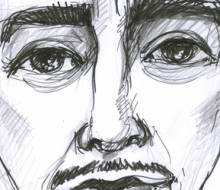
Romain Gary

-
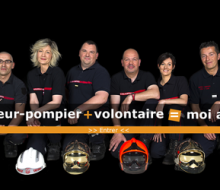
Sapeur-pompier + volontaire = moi aussi

-
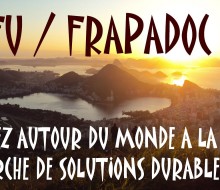
WIFU

-

Le fantôme de Maracanã

-
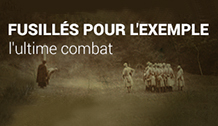
Fusillés pour l’exemple, l’ultime combat

-

Racontez-moi le Parlement fédéral

-

Shok Doktrine

-

Le Monde de l’Opéra de Lyon

-
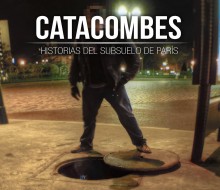
Catacombes

-

L’Alouette, plus qu’un restaurant…

-
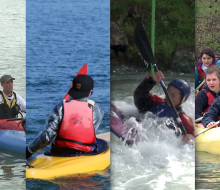
L’école de la pagaie

-
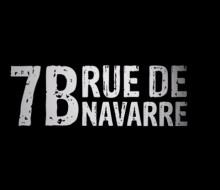
7 bis Rue de Navarre

-

Lola rennt

-

Xcuse my French!

-
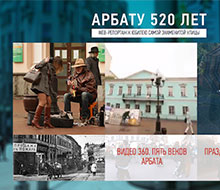
Arbat 520

-

Medals

-
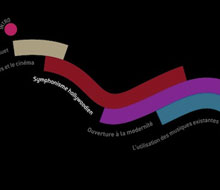
Musique classique et cinéma

-
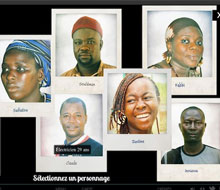
Le Togo à la lettre

-
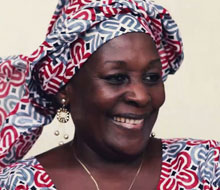
Wassa

-
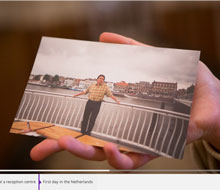
Striving for a new future

-
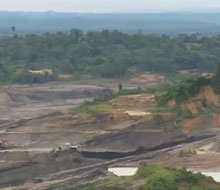
Dirty Money

-

Wie Es Euch Gefällt ?

-
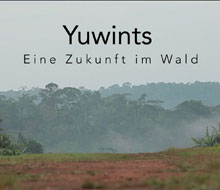
Yuwints, eine Zukunft im Wald

-
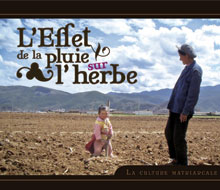
L’effet de la pluie sur l’herbe

-

“Under 16”: Teen Motherhood in Russia

-
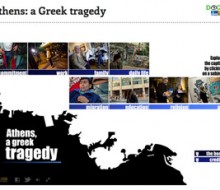
Athens a greek tragedy

-

Des mots pour le dire

-

Ramazzan Letteri

-
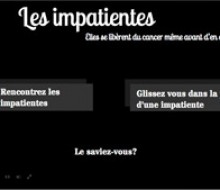
Les impatientes

-
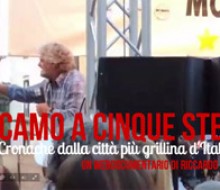
Alcamo a cinque stelle

-

David Toutain

-
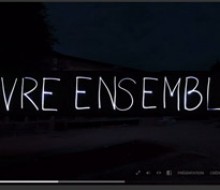
Vivre ensemble

-
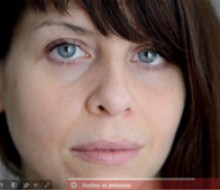
Parlons français !

-
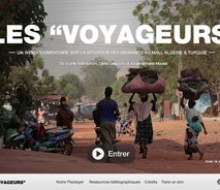
Les voyageurs

-
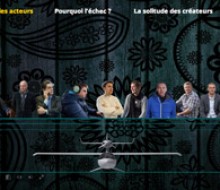
Instinct de survie

-
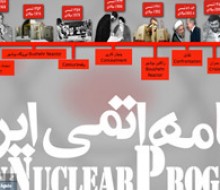
Iran nuclear program

-
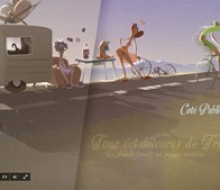
Tour (et détours) de France

-
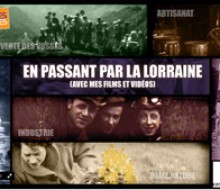
En passant par la Lorraine

-

Autour de l’aéronef

-
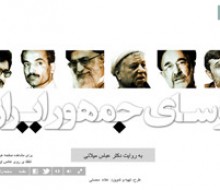
Les présidents

-
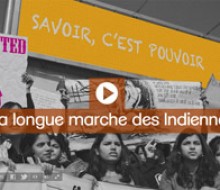
La longue marche des indiennes

-

Harmonindia

-
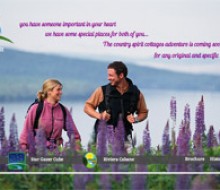
Country Spirit Cottages

-
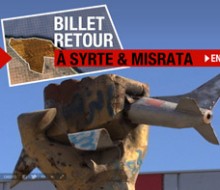
Billet retour à Syrte et Misrata

-

Sur les traces de Mathurin Meheut

-

MasterClass Forum des Images

-
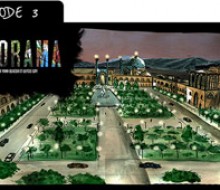
Iranorama

-
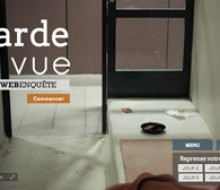
Garde à vue : la web-enquête

-

Dans les rues de Babazouk

-
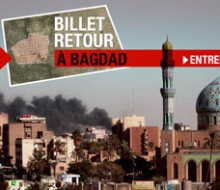
Billet retour à Bagdad

-
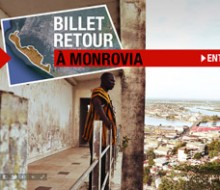
Billet retour à Monrovia

-

Versailles L’autre visite

-

Racontez moi votre faillite

-
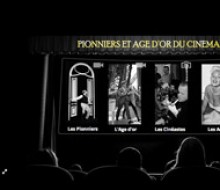
Pionniers et âge d’or

-
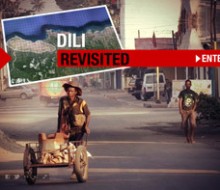
Dili revisited

-
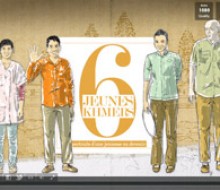
6 jeunes khmers

-

Cyber Soldats Syrie

-
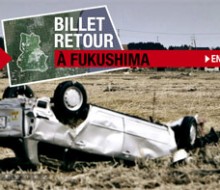
Billet Retour à Fukushima

-
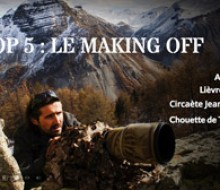
Mercantour sauvages

-
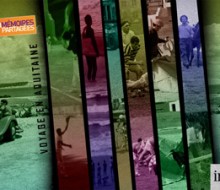
Voyage en aquitaine

-

Votre langue e(s)t le Français

-

Brokentrack : Egypt

-

2300 miles of America

-
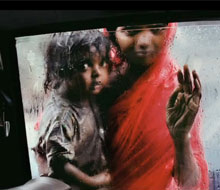
Steve McCurry

-
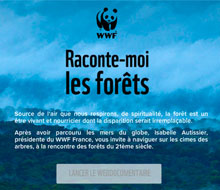
Raconte-moi les forêts !

-

Inside Beijing

-
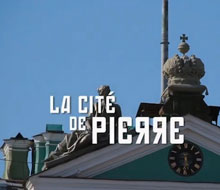
La Cité de Pierre

-
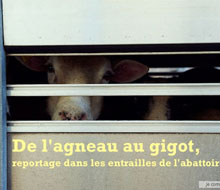
De l’agneau au gigot

-
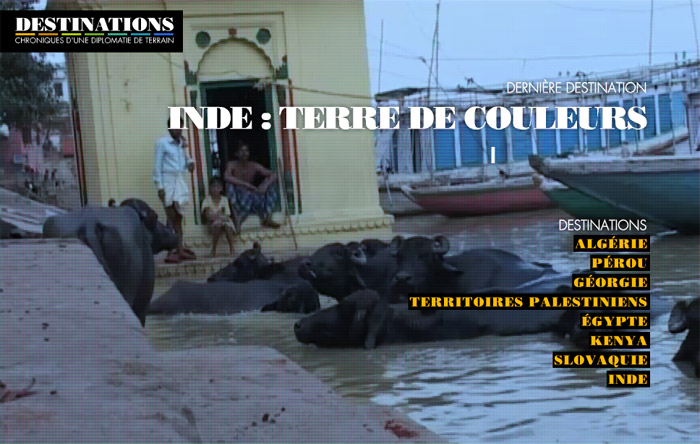
Destinations, Chroniques d’une diplomatie de terrain

